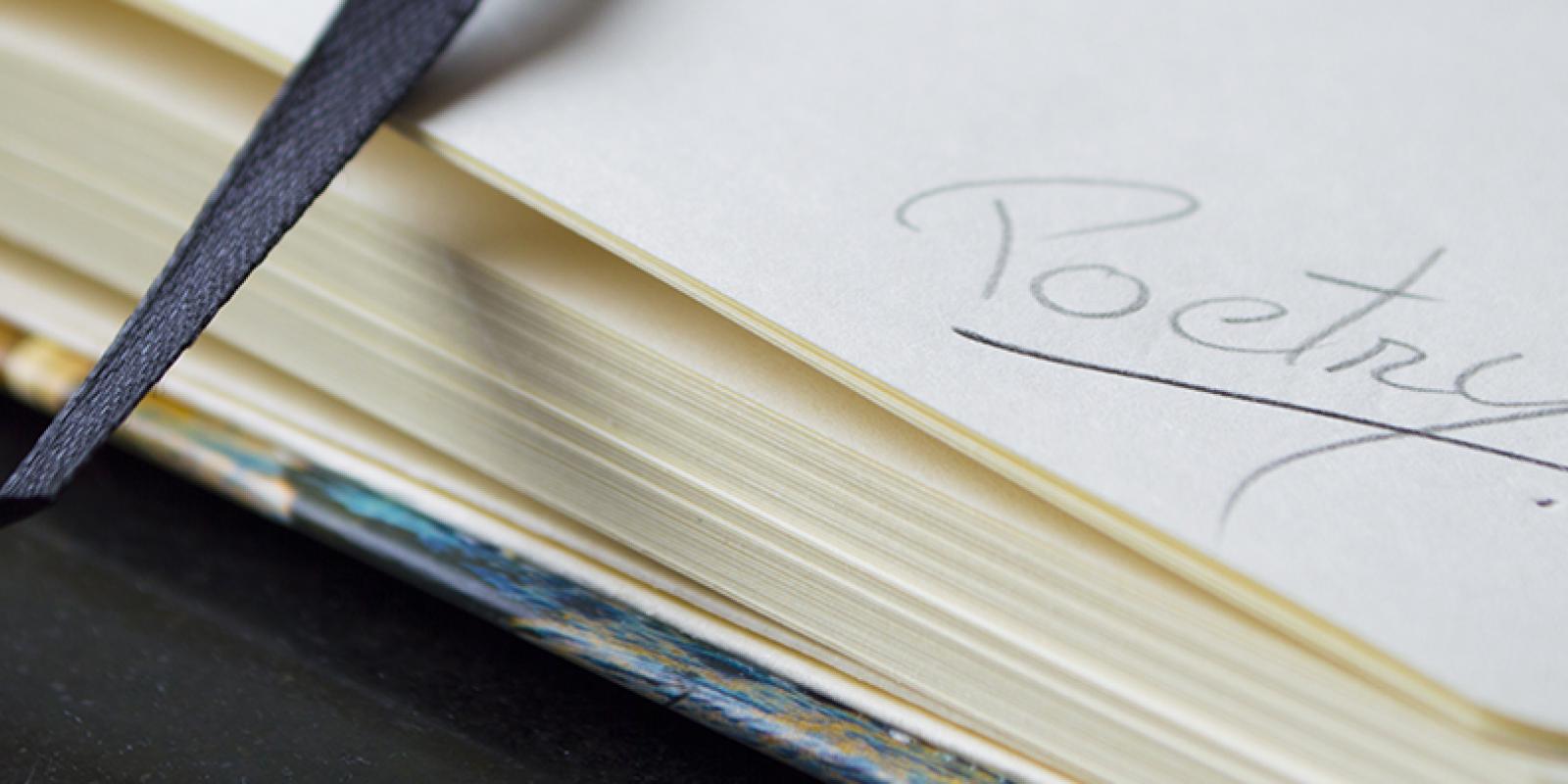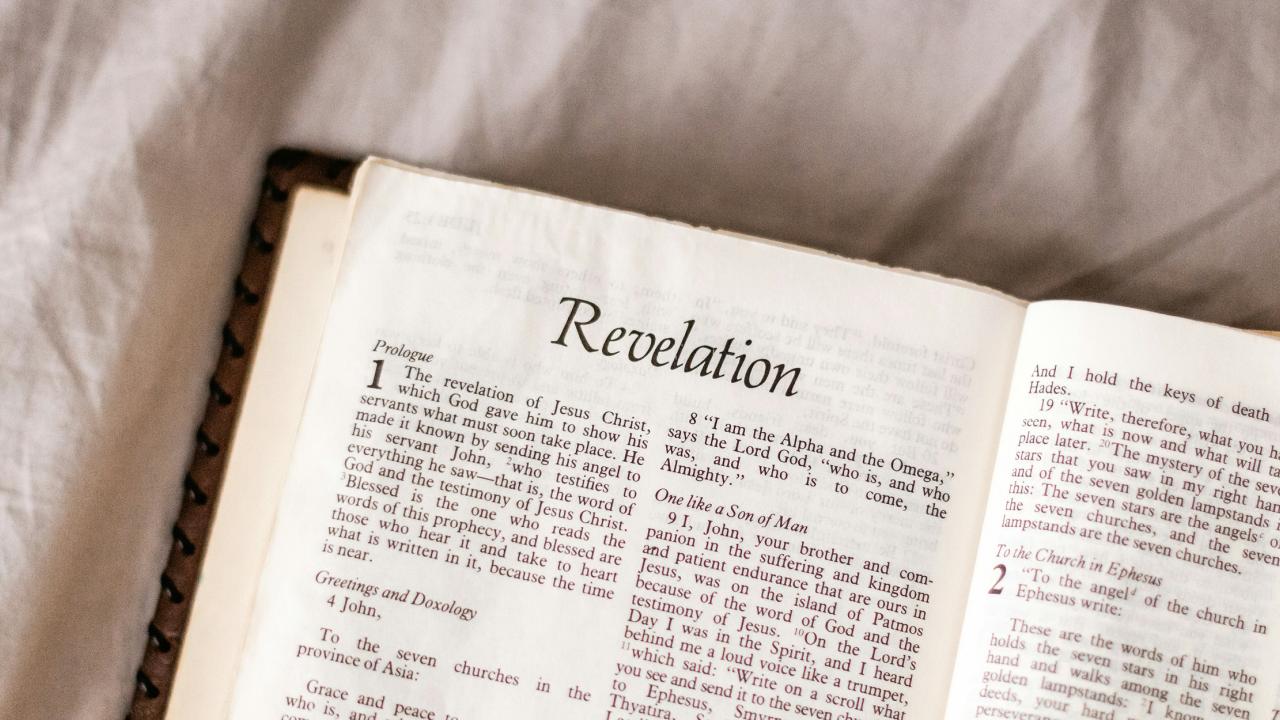Thus to write poetry is to partake in the process of giving form to something formless…By creating, we act in hope as we push back the darkness of isolation and disconnection. Moreover, by creating we worship: we act out our imago dei, imitating the creator and making good out of his Good.
New years are times for reflection and resolution. We look back on who we have been and commit to what we want to make ourselves. For many of us, the pandemic has colored who we have been far longer than we anticipated two years ago when rumors of a new virus began to swirl through our news feeds. As I look back on the years of living under the shadow of COVID 19, I have been thinking of the coping mechanism I turned to in the early months of the pandemic shutdown: poetry.
In those dizzying and discombobulating early weeks of the pandemic, I was searching for a way to restore the lost sense of human connection which had affected many parts of my life, not least of all Sunday worship. Technology-assisted connections were a lifeline during those early weeks of total isolation, but even those felt brittle. Each week, Zoom services had allowed me to continue to conform my mind to familiar patterns of adoration, confession, and assurance; gathering and sending. They had kept the proclamation of the Word in my ears and heart. But the congregation, worship leaders, and pastor were all shrunk to 2D boxes on my laptop; worship felt less embodied and certainly less communal.
So how did poetry restore this loss? The word “corona,” tossed around in every news article, kept catching on a loose nail in my memory. Wasn’t there a poetic form known as a “corona”? I leafed through a spined-creased, bulging paperback anthology of Renaissance verse until I found what I was looking for: John Donne’s “La corona”. A sonnet corona or crown of sonnets like the one Donne wrote is a sonnet sequence. But unlike sequences joined by similar themes or dedicated to the same elusive love interest, a corona is literally linked because the final line of one sonnet becomes the first line of the next until the final line of the final sonnet is the same as the first line of the first sonnet, thus bringing the sequence full circle and creating a figurative crown of sonnets. In reading about this form I felt a spark of eagerness to create, a spark that had been missing from a life dampened by anxiety, isolation, and the resulting exhaustion. It was in that poetic forming and linking that I began to recover, however imperfectly, the connection and embodiment I was missing.
Poetry is to language as sculpture is to stone: poetry refines and gives compressed artistic form to its raw material. Ideally a poem is more tangible and concrete than a paragraph which in turn is more tangible than an idea. Thus to write poetry is to partake in the process of giving form to something formless. In fact, any artistic endeavor, any act of creation can serve a similar purpose. You look at the void and speak, write, sing, draw, embroider, paint, plant or dance beauty into it. By creating, we act in hope as we push back the darkness of isolation and disconnection. Moreover, by creating we worship: we act out our imago dei, imitating the creator and making good out of his Good.
So in a time when I missed the formed and forming embodiment of worship, I began writing sonnets as a private act of worship. It could not be complete in so far as it was a private act, but when I was given the opportunity to share what I had made, the circle began to close; the crown became complete. I’m offering them up once again, praying that it inspires connection, embodiment and hope at a time when the Coronavirus seems to be making a resurgence and threatening us all once again with isolation and discouragement. Perhaps also these sonnets will inspire other acts of creation. It is my prayer that you would look at the formless void and, in hope and worship, create.
Sonnets of Worship during COVID-19: a Corona
The Call to Worship
People of God in whom are you trusting?
We hear the call familiar; eyes resist
the upward glance and turn to screens, persist
in fear, seduced by its excitement, lusting
for gods who show us charts and give us lists.
In panic, purpose can be found, a way
to hold the knowledge of our sin at bay
and on our own importance to insist.
People of God, let all such idols turn to dust
The Lord calls you, so harden not your hearts
against His offered rest; lift up your eyes.
We hear the call which must disrupt our lives
We pause; we blink; we sigh; our lips we part:
Our help is in the Lord in whom we trust.
God Greets Us
Our help is in the Lord in whom we trust
to lift us from the ordinary dread
of news—too much, too late—about our heads
of state who dither, posture, preen: august
persons by whose conflicting speech we’re led
but never blessed. Greet us, our Lord of love.
To you be grace and peace from God above
and from His Son arisen from the dead
and from the Holy Ghost. No patter here,
no boasts of plans or angling for votes
instead his quiet confidence removes
the burden from our backs—the need to prove
our duty. Us with grace and peace He coats;
the loved unlovely now can turn from fear.
We Greet Each Other
The loved unlovely now can turn from fear
of friends and foes alike and being blessed
now bless. But distance intervenes and tests
the ties that bind, and severed is the dear
communion of the saints. Our love repressed
by isolation seeks new ways and means
to pass the peace of Christ. Like Ruth who gleans
in Boaz’ field alone, we too have left
familiar faces, choosing exile out
of love, a love that shuns in order to
embrace. My friends, let us show love that gleams
with grace, united by the threat that seems
to wrench apart this body. Church, renew
the garden of your faith amid this drought.
The Call to Confession
The garden of your faith amid this drought
is filled with stones, with briars overgrown.
People of God, confess your thirst; your bones
lie scattered in the wilderness; cry out
for restoration, for the body blown
apart to be enfleshed again; desire
the painful grace of resurrection’s fire;
smear ashes on your brows; lift up your groans.
For you were hungry and you would not eat
and you were thirsty but refused to drink.
Repent your choice of lower over higher;
and turn to God whose mercies never tire.
He stands prepared to pull you from the brink,
from Him forgiveness, healing now entreat.
We Confess Our Sins
From Him forgiveness, healing now entreat
we: we confess that we have sinned in thought
and word and deed—we’ve not done what we ought
and we have done what we ought not; deplete
our stores of self sufficiency and clot
our arteries of pride. Have mercy, Lord
upon us, sick with Adam’s virus. Word
made flesh, pity flesh grotesque with rot.
We crave your medicine of blood and bread,
your gifts of death which lead to life,
a precious sustenance we need not hoard
as it is found abundant at your board.
In this strange meal we find an end to strife:
on broken flesh, flesh broken having fed.
The Assurance of Pardon
On broken flesh, flesh broken having fed
receive you now assurance of His grace:
The day is coming soon when in this place
to all my people healing I will spread—
and empty streets I’ll fill; in vacant space
I’ll pour the sounds of laughter; songs of praise
will echo in the city square. In those days,
declares the Lord, to them I’ll turn my face.
The fortunes of your land I will restore
so flocks will graze again and vineyards burst
with grapes. The fields no longer lie in waste
but rich with harvest. People of God, taste
His bread of hope, His springs will quench your thirst.
Now give Him thanks and praise forevermore.
We Respond in Gratitude
Now give Him thanks and praise forevermore
for all that He has done and yet will do:
For time alone to rest and to pursue
our home-bound hobbies, tasks ignored; and for
technology that reconnects us to
those out of reach and keeps untouched in touch;
For bits of beauty: sprigs in bloom and clutches
of birds in song; For nurses, doctors who
at cost to self persist in treating ill,
protecting those at risk. For all these things
we give you thanks, O Lord. Your hand
which shaped us out of clay, which planned
and placed each star, sustains us now. Your wings
cover your Church with love and with goodwill.
The Prayers for Intercession
Cover your Church with love and with goodwill
in this our time of need. Let us pray to
the Lord. Lord hear our prayer. For fears subdued
amidst a global crisis, peace to fill
the anxious hours (we click, we read, we brood)
by quiet waters lead us in your care.
Let us pray to the Lord. Lord, hear our prayer.
For friendship felt by those in solitude—
be thou our Shepherd with us on this way,
a lonely, dark, and dismal valley looms
ahead; assure and guide us through. Help us
with hope await the coming day and trust
that in your father’s house are many rooms.
Lord, give us ears and hearts for you we pray.
The Word Proclaimed
Lord give us ears and hearts for you we pray.
Hear now: the Word became a man—interred
the infinite, his glory, suffering turned
and into death the source of life. So may
we life instead of death exchange. God spurned
his son so He might never us. And yet
we see disease and death a daily threat.
We pray, we long, we yearn for His return.
But contemplate this mystery: the Word
among us now—not then or soon, but now:
Not leave nor ever shall I you forsake;
you share my cross, in your cross I partake.
This suffering grace made evident in how
our hearts restored, your message having heard.
The Benediction
Our hearts restored your message having heard,
now let your servants go in peace. Receive
the parting blessing of the Lord: Friends, leave
behind your dread and doubt; may you be stirred
up in the hope and faith that God will weave
even these days of pain and loss and fear
into a tapestry of Glory. Dearly
beloved, although the road is long, believe
God goes before to guide us; protecting
us from behind; beneath us God supports;
beside God walks as friend. Church, do not be
afraid. Depart this place in peace, set free
to love, to serve each other and the Lord,
people of God, in whom you are trusting.



